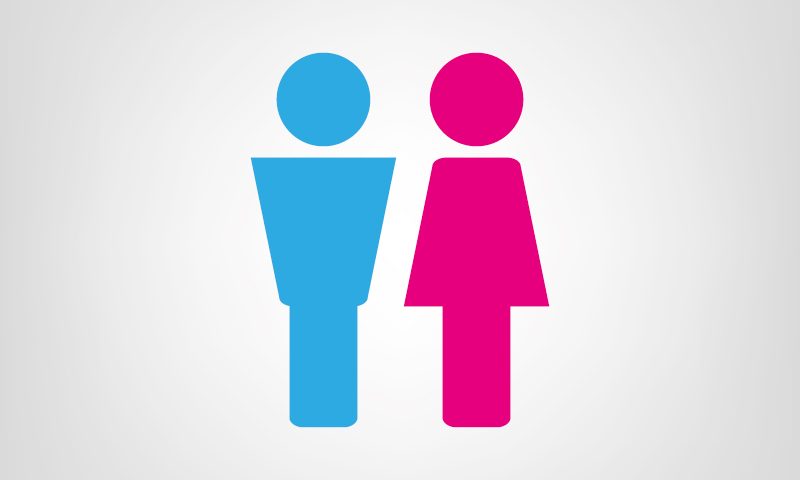A nationwide study in Sweden supports the long-held but unproven notion that men are more prone to developing severe psoriasis than women.
The research, “Severity of Psoriasis Differs Between Men and Women: A Study of the Clinical Outcome Measure Psoriasis Area and Severity Index (PASI) in 5438 Swedish Register Patients,” was published in the American Journal of Clinical Dermatology.
Psoriasis is one of the most common skin diseases. In its most severe form, it is associated with an increased risk of death from metabolic and cardiovascular problems.
Previous studies have suggested that gender not only affects the risk of psoriasis severity — with men usually suffering more than women — but also patients’ response to treatment. Women were more like to receive topical treatments such as ointments and men systemic treatments.
Swedish researchers decided to do a cross-sectional study to determine if sex affects the severity of psoriasis. They used the standard Psoriasis Area and Severity Index (PASI) score, and scores on distinct elements of it, to measure disease severity.
PASI is a combined score of psoriasis measurements in four areas: the head, arms, trunk, and legs. Scoring is based on three parameters: degree of erythema, or redness; induration, or thickness of the scarring; and desquamation, or scaling.
Researchers obtained their information from the national registry for systemic treatment of psoriasis in Sweden (PsoReg), which covered 5,438 patients with moderate to severe psoriasis.
The information included sex, age, body mass index (BMI), disease duration, diagnosis of psoriatic arthritis (PsA), smoking status, PASI score, and the season during which the PASI score assessment was done.
Women had statistically significant lower median PASI scores than men — 5.4 versus 7.3, the researchers found. The tendency held regardless of age.
The team also discovered that the scores for three of the four body areas they analyzed – arms, trunk, and legs – were significantly higher in men than women. The exception was the head.
“For more than 70 years it has been speculated that women have less severe psoriasis compared with men. By investigating, for the first time, the sex differences in the severity of psoriasis using the gold standard of severity measurement—the PASI score—and the distinct elements of the PASI score, we were able to corroborate this thesis in a nationwide population,” the authors wrote.
The team called for studies in other nations to see whether they findings apply outside Sweden.


